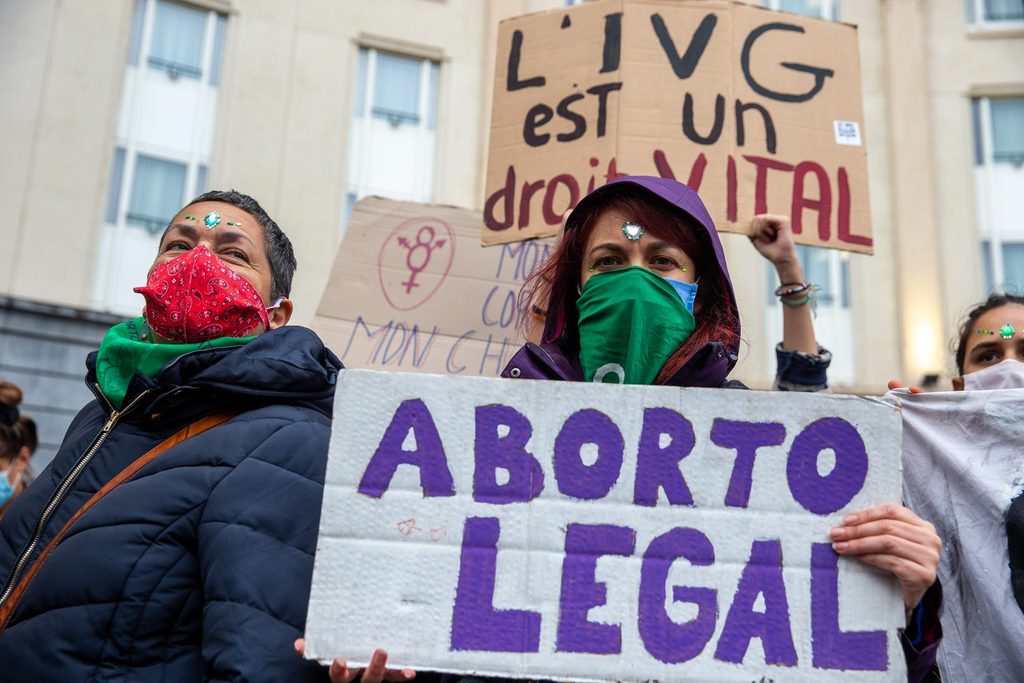Every hospital in Brussels will have to follow up on all applications for abortion from the start of next year, taking away their option to simply refuse.
Reignited by the United States Supreme Court's decision to end the federal right to abortion by overturning the historic 1973 ‘Roe v Wade’ ruling in June last year, the topic of abortion once again became top of the agenda both on the EU level and since also the Belgian level. One year following the disastrous decision, Brussels strengthened the effectiveness of the right to abortion.
"Every woman must be free to make decisions regarding her own body. For the Brussels government, that includes the right to voluntary termination of pregnancy in the hospital of one's choice, under the conditions laid down by law," Alain Maron, the Brussels Health Minister, said.
He added that it is "no longer acceptable for a woman in Brussels to be refused a voluntary termination of pregnancy in a hospital in 2023."
Conscientious objection no barrier
The care patients receive in Brussels varies from hospital to hospital, creating disparities in accessibility and quality of care.
A decree adopted at the end of May defined new standards of accessibility and quality of care for all Brussels hospitals, which the enhanced right to effective abortion care stems from. It will come into force in January next year.
In practical terms, this specific measure means every hospital will have to follow up on any request for an abortion, either by dealing with it directly within its own network, or by offering to deal with the request in another hospital within the network.
At present, voluntary termination of pregnancy is not possible in some hospitals due to "individual conscientious objections" of doctors, which stems from federal law.
Related News
- Belgian employer convicted for firing woman after abortion
- Abortion rights: Government takes first step towards consensus
"This sometimes leads to applicants being rejected without a concrete solution, leaving them with the burden of finding a hospital that guarantees that right. For those who are vulnerable or under-informed, this can result in the abortion not being carried out – and thus an essential right to health not being exercised – within the time limit prescribed by federal law."
The changes to the law on a regional level means this can no longer be an obstacle for women wishing to have an abortion in Brussels.
Federal block
Belgium legalised abortion in 1990, and it is currently legal up to 12 weeks after conception. Discussions at the federal level are ongoing following an expert report which recommended raising the term limit to 18 weeks.
However, the Christian Democrats (CD&V) have held back from full acceptance of the experts’ recommendations on term limits, instead willing to increase the termination limit from 12 to 14 weeks. The party believes that the fetus might feel pain any later in the pregnancy, despite the experts responding to this concern in-depth.
The party also stopped short of agreeing to get rid of the 6-day reflection period that is imposed before a person seeking an abortion can have the intervention. However, they would allow for this period to be reduced to 48 hours. Belgium's mandatory 6-day waiting period is one of the longest waiting times in Europe.

